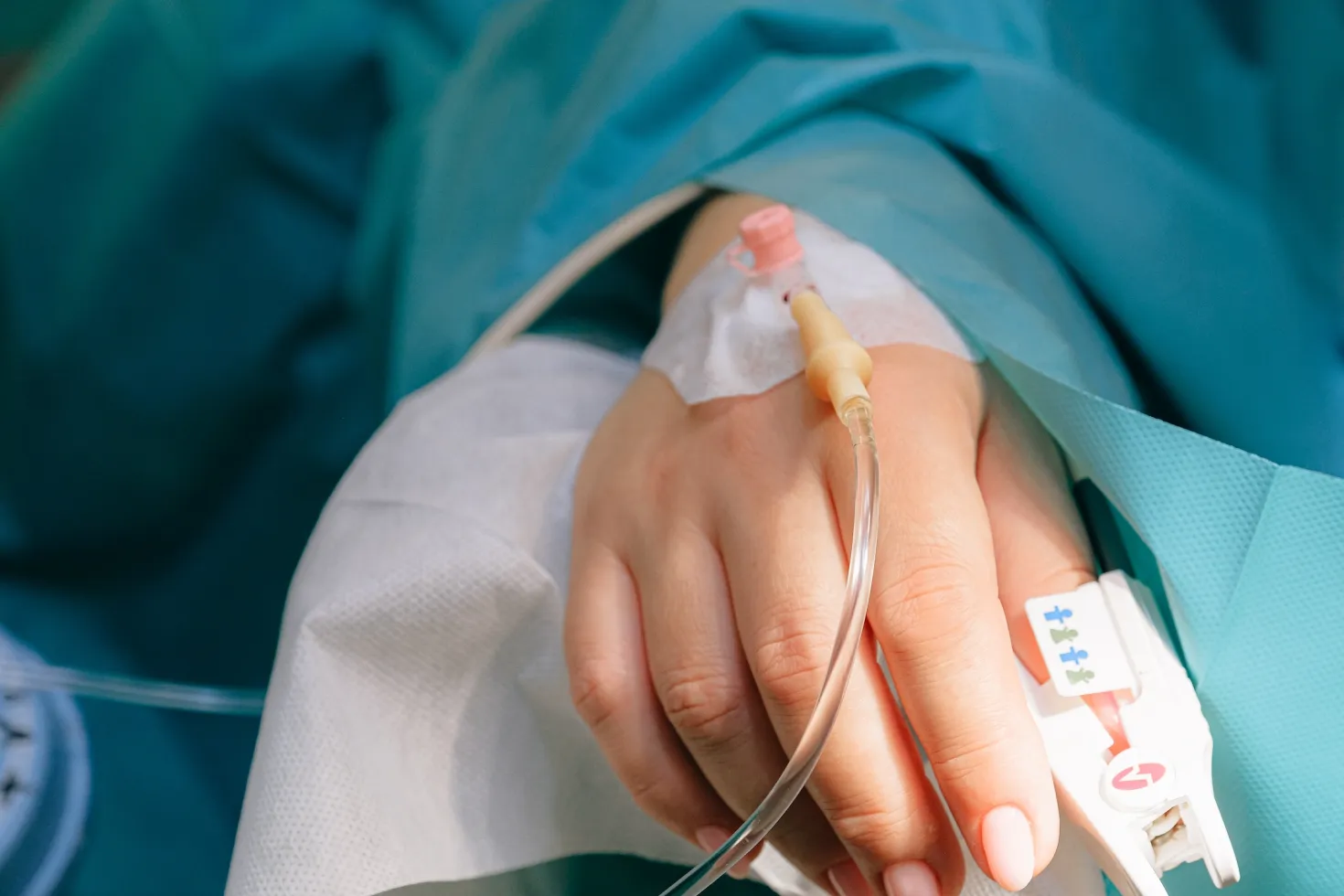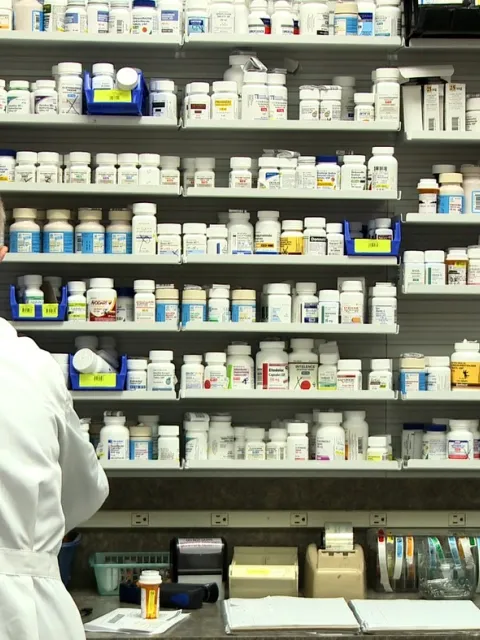Confronting antimicrobial resistance: a growing threat to cancer treatment and public health

For World AMR Awareness Week (18-24 November), authors of the Lancet Series on Sustainable Access to Effective Antibiotics have been invited to share how their work has a critical impact on the future of cancer care.
Each year, antimicrobial resistance (AMR) is associated with nearly five million deaths globally. AMR develops when microbes, such as bacteria, become resistant to medications like antibiotics, making infections difficult to treat.
When antibiotics are no longer effective due to AMR, previously treatable infections can become life-threatening, causing longer hospital stays, higher medical costs, greater risk of long-term consequences of the infection, and increased mortality.
AMR is predicted to continue growing, and by 2050, experts estimate that over eight million deaths may be associated with AMR around the globe each year.
Effective antibiotics have enabled many advancements in modern medicine that we take for granted, including surgeries, organ transplants, and cancer treatment. Antibiotics are essential for protecting patients before and after surgeries and are particularly important for individuals undergoing chemotherapy, which can compromise the immune system.
Without effective antibiotics, cancer patients are at greater risk of infections developing into severe conditions like sepsis, jeopardising overall treatment outcomes. AMR thus poses a significant threat to current cancer care and any future developments that may be made. In fact, a survey from 2020 showed that 45 percent of oncologists in the United Kingdom believed that AMR could make chemotherapy unviable in the future.
Recognising the urgency of AMR as a global public health issue, the United Nations (UN) organised a high-level meeting this past September to coordinate a global strategy to address AMR.
Leading up to this meeting, we were commissioned as part of a group of 40 scientific experts in various fields from around the globe to publish a series of research papers in one of the world’s leading medical journals, The Lancet, to identify scientifically backed priorities and targets for action. We assessed the potential effects of three crucial public health interventions: access to water, sanitation, and hygiene (WASH), infection prevention and control (IPC) measures, and childhood vaccination programmes.
Using a sophisticated mathematical model to simulate these effects in low- and middle-income countries, they determined that over 750,000 annual deaths could be prevented if these measures were implemented effectively. The greatest gains would be seen from aligning IPC measures in low-resource settings with those of high-resource settings (337,000 annual deaths averted), followed by universal WASH access (247,800 annual deaths averted), and universal coverage of high priority childhood vaccines (181,500 annual deaths averted).
These findings and others have been published in the 2024 Lancet Series on “Antimicrobial Resistance: the need for Sustainable Access to Effective Antibiotics”, which recommended that already-available interventions can readily support a global target for 10% reduction in global AMR mortality by 2030 against a 2019 baseline. This target was incorporated into the political declaration presented at the UN high-level meeting on AMR in September.
With the unanimous adoption of the political declaration by all 193 member states of the UN, national policymakers, clinicians, civil society and the public must all play their part to implement the necessary changes to meet AMR targets by the deadline. November 18-24 marks World AMR Awareness Week (WAAW), an initiative by the World Health Organization to raise public awareness.
One of the main drivers of AMR is antibiotic misuse, and it is critical to use antibiotics responsibly in order to preserve their effectiveness. Highlighting how preventing avoidable infections – through better scale-up of WASH, vaccination programs, and IPC measures in healthcare settings – can reduce antibiotic use and resistance selection is a key goal during WAAW. By empowering communities with knowledge of these interventions during WAAW, we can encourage public engagement in the fight against AMR to protect those who are the most vulnerable.
The findings of the Lancet Series offer valuable insights that the cancer community can apply to protect patient safety and preserve the efficacy of cancer treatment. Basic public health measures, particularly WASH, IPC, and vaccination, can be very effective in preventing AMR infections in all settings, thereby reducing exposure and risk for cancer patients who are more vulnerable to infection.
Tackling AMR requires a multifaceted approach that includes public health initiatives, practices by healthcare professionals, and global political collaboration. Responsible choices today, such as ensuring vaccination and adherence to IPC measures, can preserve the effectiveness of antibiotics and therefore modern medical treatment, specifically for the cancer community.
2024 Lancet Series on Antimicrobial Resistance: the need for Sustainable Access to Effective Antibiotics. https://www.thelancet.com/series/antibiotic-resistance
Last update
Wednesday 20 November 2024Share this page



